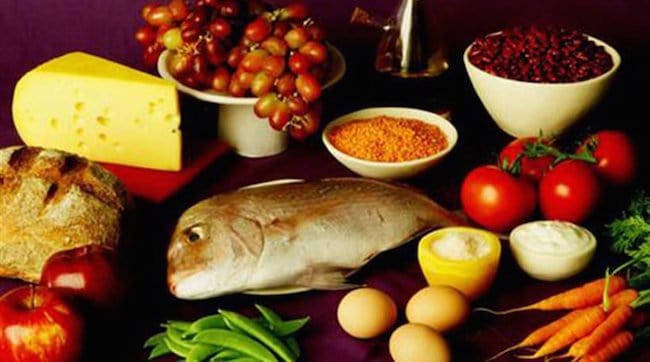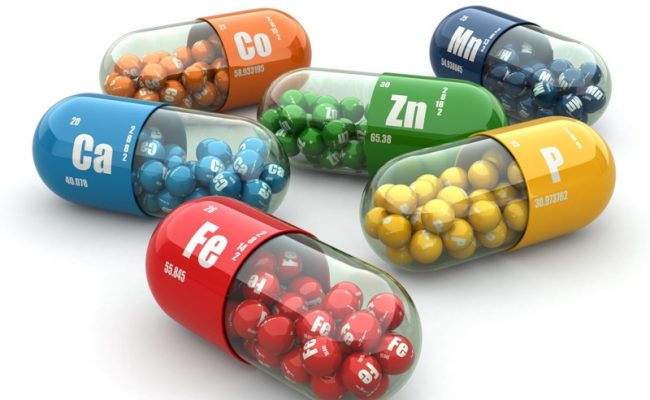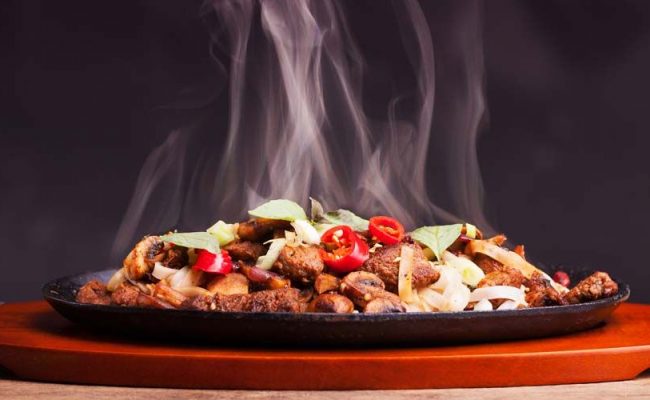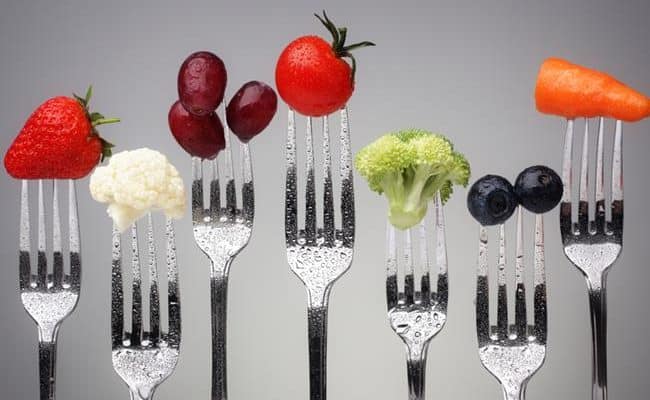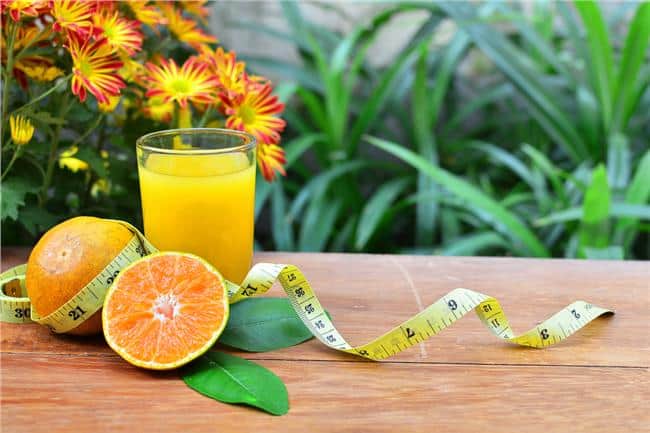
Whether it’s for weight loss, being too busy, loss of appetite or other health condition, not eating enough can be harmful for your health. Often the focus is on cutting excess from the diet, cutting out extra calories, sugar, salt, etc.
Excess calories, sugar or sodium may increase risk for weight gain, cardiovascular disease, type 2 diabetes or other chronic diseases.
However, not getting enough energy, fiber, vitamins, minerals, water or antioxidants every day can also impact health.
Very low calories diets are considered to be diets that provide up to 800 calories per day.
This severity of food restriction should be monitored by a physician and should not be done without medical instruction because following a very low calorie diet can be dangerous.
Very low calorie diets are meant to be for short term adherence for drastic weight loss but are only intended to be followed temporarily.
Low calorie diets can be considered for women between 1,000 to 1,200 calories and men between 1,200 to 1,600 calories.
See also: Why is eating less than 1200 calories not a good idea
Following a low calorie diet is common for weight loss, but this may be too low for some people, and symptoms of not eating enough may manifest.
If you are wondering if you are eating enough, you should consult your healthcare team.
Symptoms of not eating enough could be from various causes, and recommendations for calorie intake vary.
Consult your healthcare team if you have any questions if you are eating enough.
Nutrient deficiencies
If you are not eating enough, you won’t get the recommended intakes of vitamins and minerals.
If you are following a low calorie diet, it is important to eat nutrient dense foods such as: lean proteins, nuts, seeds, heart healthy oils, fruits, vegetables, legumes and whole grains.
Even if you are eating a nutrient dense diet, if you are not eating enough you could still fall short and have marginal or severe nutrient deficiencies.
Nutrient deficiencies can also manifest if someone is eating enough calories but eating too much calorie-rich, nutrient-poor processed foods.
According to a 2006 article (1) in the Proceedings of the National Academy of Sciences of the United States of America, micronutrient deficiencies can cause DNA damage, mitochondrial decay or cellular aging associated with cancer.
Taking a general multi-vitamin may help avoid nutrient deficiencies, but it is still recommended to focus on getting vitamins and minerals through a nutrient rich diet.
If you are wondering if you may have a nutrient deficiency, speak with your doctor. Lab tests can verify deficiencies; it is not recommended to take high dose supplements without instruction and supervision from your doctor.
Low energy
Not eating enough can mean your body simply doesn’t have enough energy to run on.
If you feel lethargic, tired or easily fatigued, it could be a symptom of not eating enough.
If you have low energy, speak with your doctor. Other health conditions or specific nutrient deficiencies can also result in low energy levels, so your doctor can help address what the root problem is.
Constantly hungry
Wanting to eat more doesn’t necessarily mean you are not eating enough.
We can want to eat from emotions, environmental cues or out of habit.
However, if you are not eating enough, your body can physically try to let you know with hunger signals.
Low blood sugar, stomach rumbling, difficulty concentrating, irritability or mood swings may be an indication of physical hunger. These signals are the body’s way of trying to get more energy in.
Cold intolerance
Following a low calorie diet may actually lower your core body temperature (2). This is probably why people not eating enough have a stronger cold intolerance.
In fact, if eating is severely restricted like in the eating disorder anorexia nervosa, down like hair can develop to help regulate body temperature (3).
Menstrual irregularity
Menstrual irregularity can be caused by numerous things, and a missed period or spotting may not necessarily be cause for concern.
However, frequent irregularities or chronic skipping of menstrual cycle could be a symptom of an underlying problem.
Not eating enough and/or exercising too much may lead to menstrual irregularity.
If you notice something different with your menstrual cycle, you should speak with your doctor so s/he can determine root cause of this symptom.
Hair loss
If your body doesn’t have enough energy, using energy and nutrients to make hair can be cut out.
When energy intake is low, the body can somewhat prioritize where the energy needs to go.
Building hair cells is low on the list of vital needs. As a result, hair loss may occur when you are not eating enough.
As with other symptoms, hair loss can also be a symptom of other health disorders. Therefore, if you have hair loss, you should consult your doctor to determine the root issue.
Lowered immunity
Unfortunately, the immune system can take a hit when you are not eating enough. You may be more susceptible to getting sick if your body doesn’t have enough energy, vitamins and minerals to fight off infections.
Many studies have shown malnutrition is linked to an increased susceptibility of getting an infection (4).
Eating enough total calories is important as well as getting adequate zinc, selenium, iron, copper and antioxidants for immune health (5).
Digestive system issues
Following a low calorie diet can mean you may not be getting enough fiber and/or fluids which can increase risk for constipation.
Diarrhea or nausea may also be a symptom of following a very low calorie diet.
One of the main concerns with following a very low calorie diet is risk for developing a gallstone (6).
This is one reason why it is important to be monitored by health professionals when following a very low calorie diet.
Poor skin health
Like the immune system, skin can be one of the first areas affected by inadequate nutrition.
The skin needs building blocks from the diet to make new skin cells, collagen and protect skin from damage.
See also: Foods to eat for perfect skin
Dry, itchy skin, red patches, cold skin on extremities, slow wound healing or severely chapped lips may be a symptom you are not eating enough, although other factors can cause these symptoms as well.
